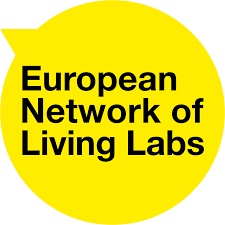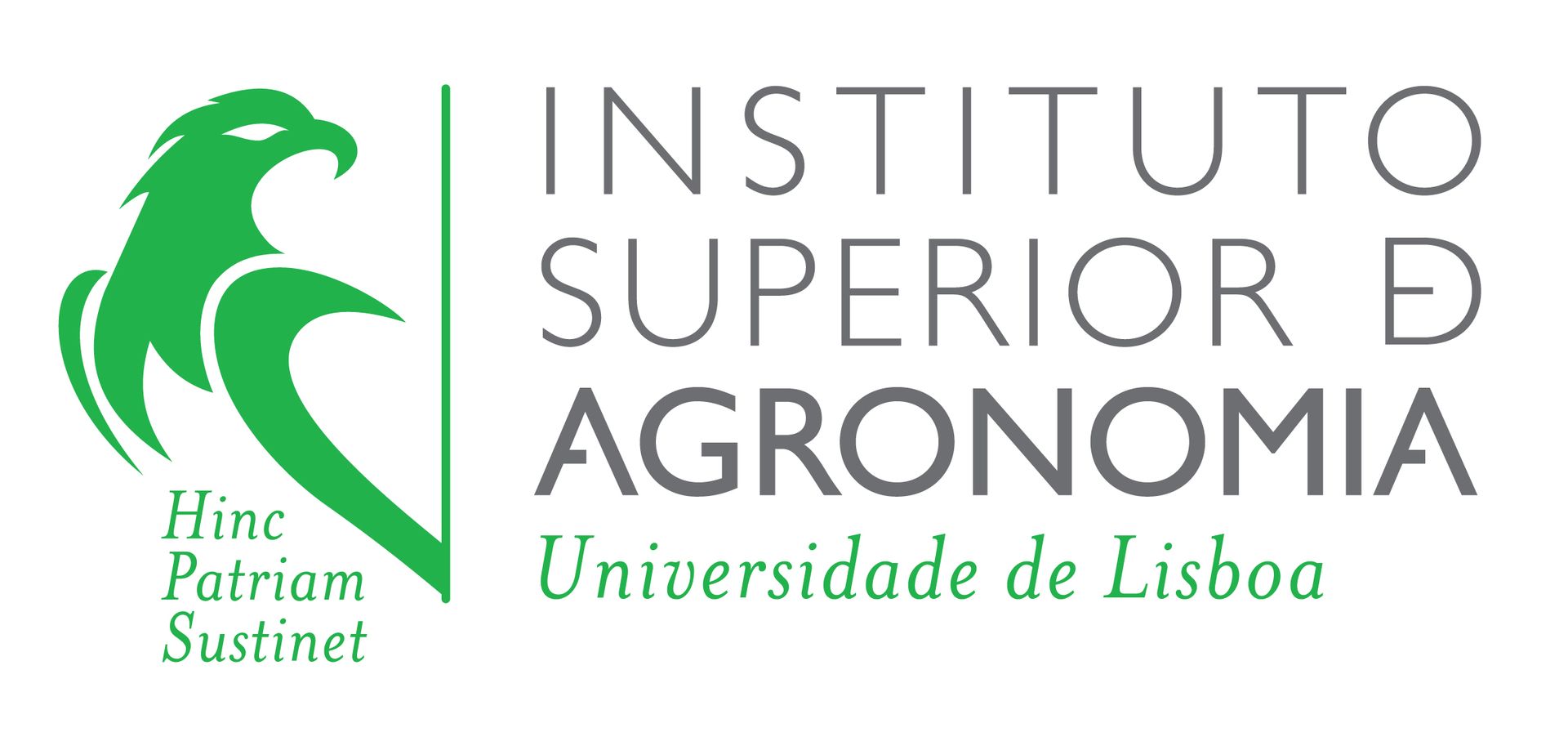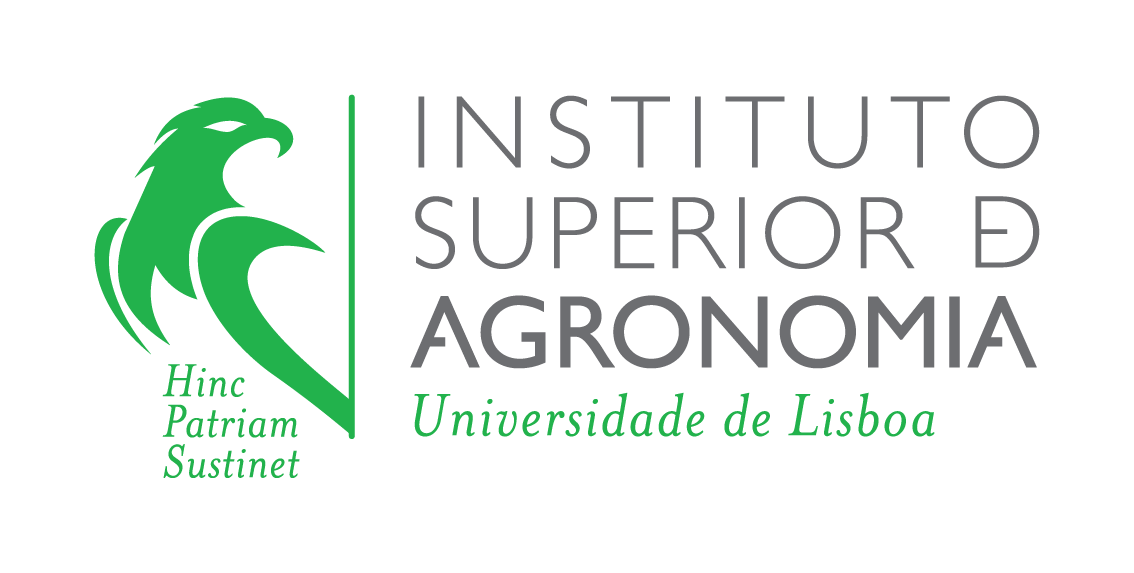Agrivoltaic in the Vineyard
Contribution to Science
This project aims to bridge scientific knowledge gaps regarding the effects of shade induced by photovoltaic panels on the biological, physiological, and agronomic parameters of grapevines, as well as on grape maturation and wine quality—key factors for the sustainability and competitiveness of viticulture.
It advances scientific understanding of agrivoltaic systems, with the potential to develop integrated and sustainable solutions that simultaneously address agricultural resilience and energy transition challenges in the context of climate change.
Societal Impact
Integrating photovoltaic panels in vineyards could become a multifunctional climate adaptation strategy for wine grape production. This innovative approach helps mitigate the impacts of extreme climatic events, such as excessive heat and solar radiation, hail, and heavy rainfall, while also reducing vine evapotranspiration and contributing to decarbonization.
It directly addresses major societal concerns, including the urgent need for climate adaptation measures and climate change mitigation through the replacement of fossil fuels with renewable energy sources.
By testing the compatibility between renewable electricity generation and maintaining vineyard productivity on the same land, the project explores synergies between energy transition and agricultural resilience. This contributes to sustainably increasing food production while meeting pressing global challenges.
Application in Education
With its detailed monitoring infrastructure, covering both environmental and crop-specific variables, this project serves as a valuable educational tool. It enables hands-on learning experiences, demonstrating the application of Digital Agriculture technologies that facilitate real-time environmental and crop monitoring to support decision-making.
Additionally, the agrivoltaic system and its sensor network provide an educational demonstration platform for various ISA academic programs. Topics covered include agrometeorology, ecophysiology, viticulture, plant protection, irrigation, and more.
Notable Facts / Curiosities
This project is developed in partnership with Galp.
Contact: Prof. Carlos Lopes (carlosmlopes@isa.ulisboa.pt)





